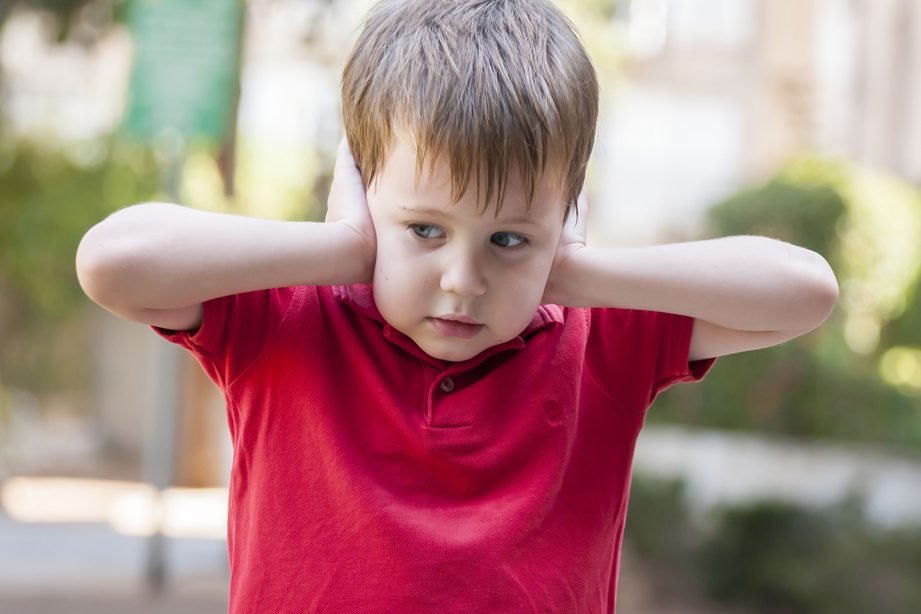Intelligent Solutions for Sound Sensitivity in Children with Neurodevelopmental Disorders
Project Category: Projects – IRF
August 22, 2021

Challenge
Many children living with autism spectrum disorder (ASD) are hypersensitive to certain sounds. When children are exposed to these sounds, they may be very distressed. This distress causes them to react with behaviours such as covering their ears, yelling or screaming or running out of the room to avoid the sound. Schools’ approaches for accommodating sound sensitivity include letting students wear earplugs or earmuffs or allowing them to leave to take breaks in a quiet area. Because such strategies block or avoid all sounds indiscriminately, they tend to interfere with the child’s full participation in class and other activities.
Project Summary
With support from KBHN, researchers are developing a device that will selectively filter out whatever specific noises the user does not want to hear. For example, dogs barking, sirens, and jackhammers, but not other sounds, such as the teacher’s voice. Kids will wear earphones to isolate themselves from the immediate sound environment. A programmable smartwatch will filter the soundscape as needed and send a tolerable version of it into these earphones. The device is currently at the proof-of-concept stage. As the developers work toward a final product, they will test prototypes in real classrooms and gather feedback from families, teachers and experts.
Looking Towards the Future
Once the device is ready for commercialization, it will help kids with ASD to feel more comfortable in their daily lives. Noises will pose less of a barrier to their participation in school and recreational activities, which should boost their educational and social outcomes. The development team will work with government ministries to explore how to make the product eligible for coverage and financially accessible to any family that could benefit from it.
Funding
Kids Brain Health Network – $99,990.00
Team
Principal Investigators
Elina Birmingham, Simon Fraser University
Siamak Arzanpour, Simon Fraser University
Co-Investigators
Grace Iarocci, Simon Fraser University
Anthony Herdman, University of British Columbia
Faranak Farzan, Simon Fraser University
Oliver Schulte, Simon Fraser University
Peyman Servati, University of British Columbia
Ryan Stevenson, Western University
Partners
Previous Cycle II Initiatives
Intelligent Solutions for Atypical Auditory Processing in Children with Neurodevelopmental Disorders